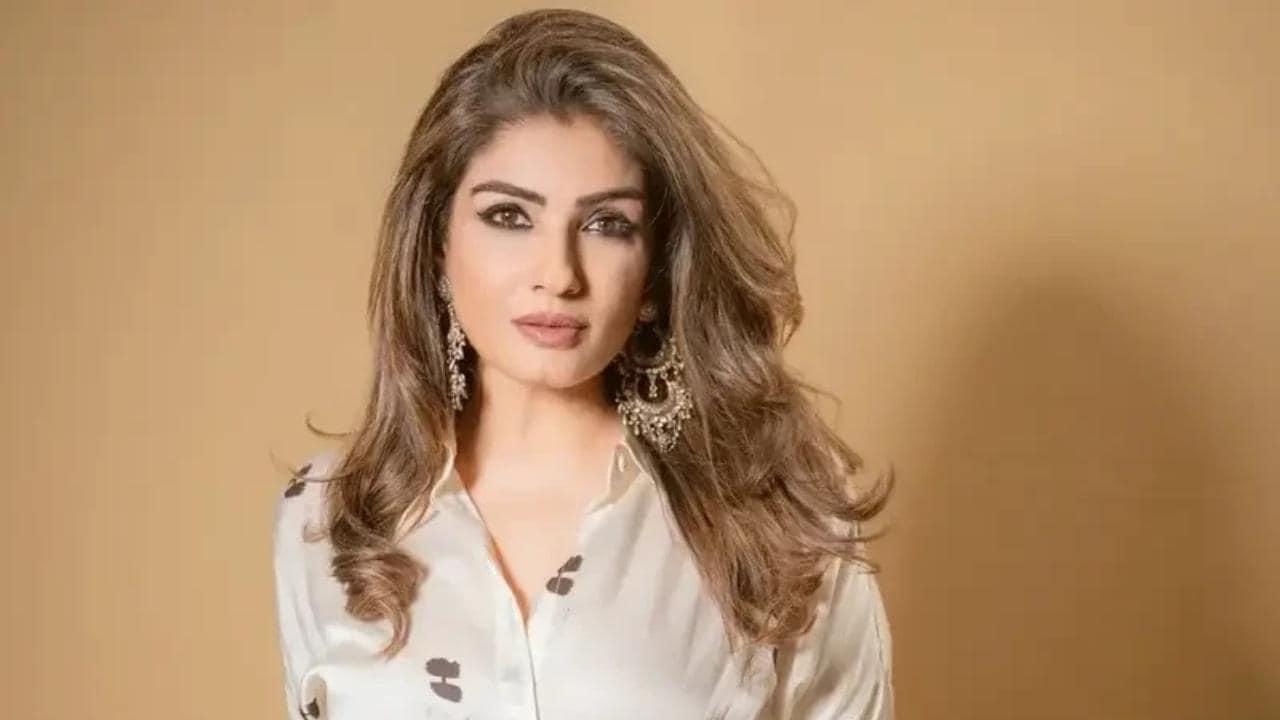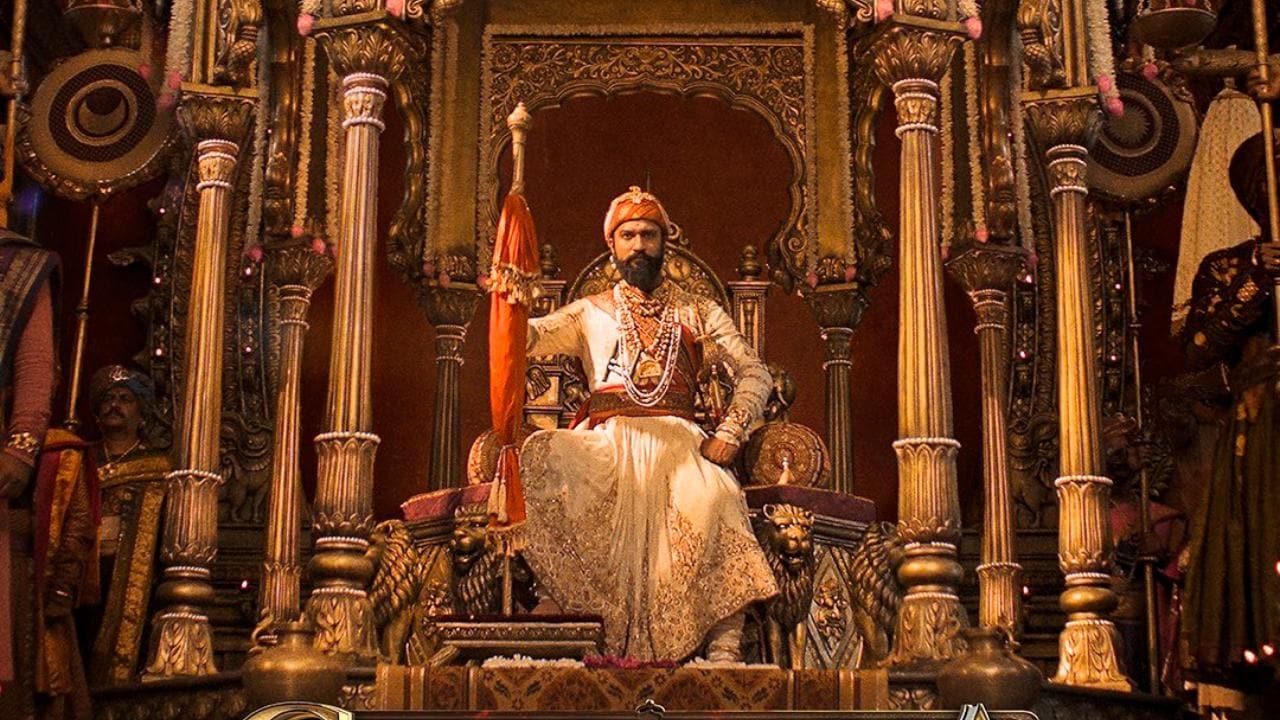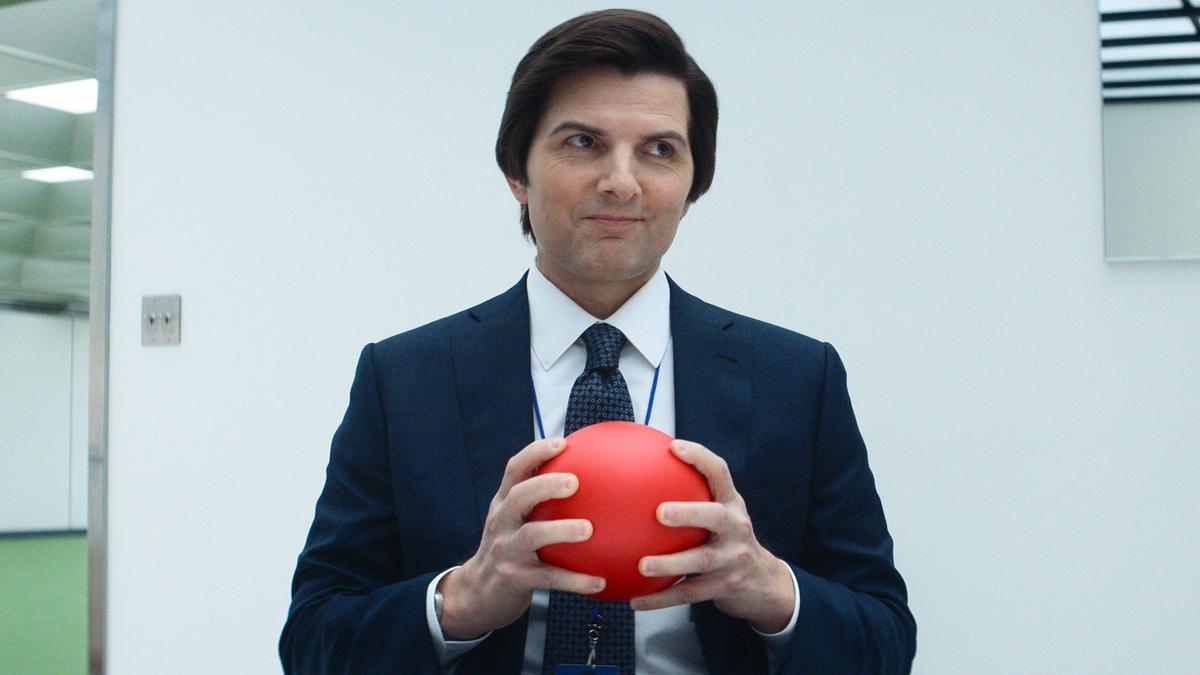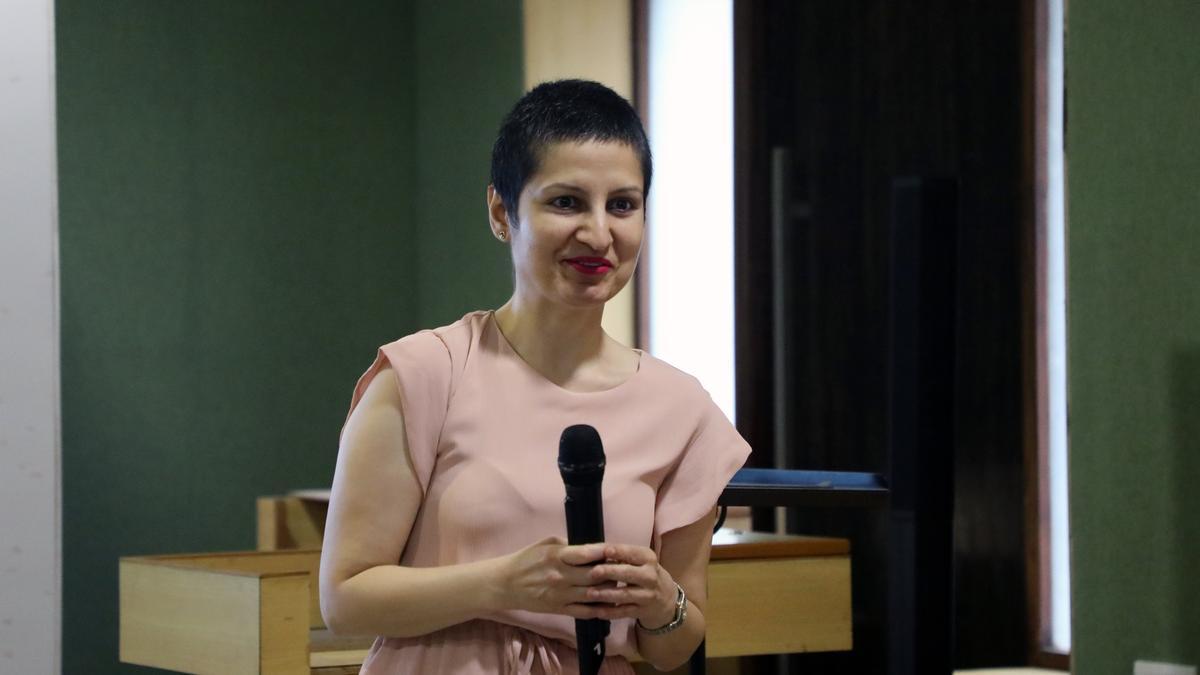
Shahid Kapoor, a prominent figure in the Indian film industry, has time and again graced the silver screen with romantic tales that tug at the heartstrings of audiences. With his return to the romantic genre in “Teri Baaton Mein Aisa Uljha Jiya,” where he co-stars with Kriti Sanon for the first time, Kapoor delves into the alchemy that makes a romantic film a success.
According to Kapoor, while the on-screen fireworks between lead characters are indeed vital, this elusive spark is most palpable in front of the camera and doesn’t necessarily reflect their real-life rapport. “There is an x-factor that comes alive on camera. People might assume that chemistry is ever-present, but that’s a misconception. The camera has its own universe, where it can make sparks fly between two people who may otherwise not be as captivating off-screen,” he explains.
This dynamic actor, who has led several chart-topping romantic films, including “Ishq Vishk” (2003), “Jab We Met” (2007), and “Kismat Konnection” (2008), emphasizes that chemistry is a highlight but not the sole contributor to a romantic film’s success. “Fundamentally, it’s the writing that carries the film. No matter how strong the chemistry, it can only propel a film with a weak narrative to a certain extent. Think of chemistry like the icing—it enhances the cake but isn’t the cake itself,” Kapoor asserts.
With “Teri Baaton Mein Aisa Uljha Jiya,” audiences can expect a blend of poignant dialogues, a compelling storyline, and captivating performances, bundled into a cinematic experience that promises to be both heartfelt and engaging. This film not only marks a fresh on-screen pairing but also Kapoor’s dedication to selecting scripts with substantial content where on-screen dynamics serve to complement, not compensate.
Kapoor’s approach towards choosing roles and projects is shaped by a desire for diversity and challenge. His passion for trying different genres is apparent in his upcoming venture—an action film titled “Deva,” directed by Rosshan Andrrews, a prominent figure in Malayalam cinema. “This role is a departure from the lover-boy image. It transports me to a raw, rugged, and rustic avatar. The shooting process has been as thrilling as the character itself,” he shares enthusiastically about his role in a movie scheduled to hit theaters in October.
The Indian film industry, known for its rich tapestry of genres, provides a versatile platform for artists like Shahid Kapoor to explore their craft. Despite the apparent glitz and glamour, it is the behind-the-scenes labor and an understanding of the fundamentals—such as chemistry and a robust script—that drive a film’s journey to resonate with its audience.
As Kapoor forges ahead in his illustrious career, it is evident that he remains committed to enriching the narrative of Indian cinema by exploring different facets of on-screen relationships and human emotion. His insights underscore the notion that, much like in a tango, where it takes two to synchronize in melodic motion, the success of a romantic film is inherently tied to a synchrony beyond dance—a harmony woven through words on a page, brought to life by actors who believe in the magic their characters create within the camera’s universe.










